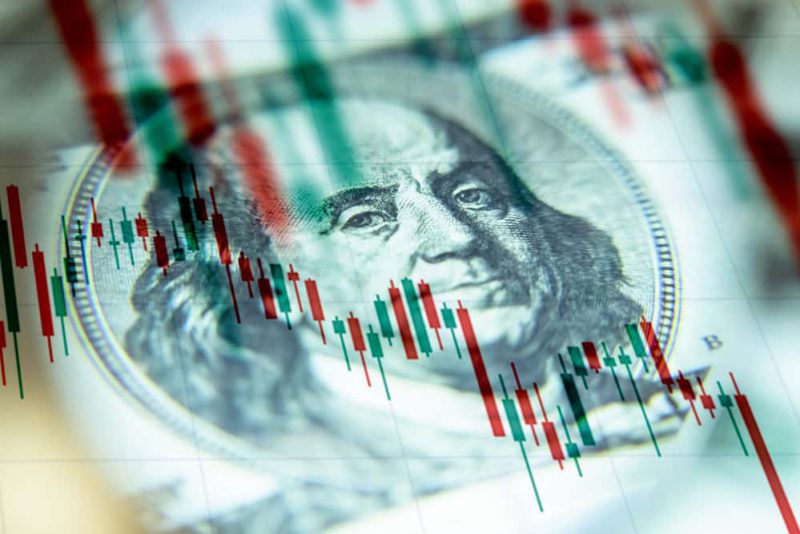Members of the Asian Clearing Union (ACU) met in Tehran, Iran for their 51st annual meeting. Members include the Bangladesh Bank, Royal Monetary Authority of Bhutan, Reserve Bank of India, Central Bank of Iran, Maldives Monetary Authority, Central Bank of Myanmar, Nepal Rastra Bank, State Bank of Pakistan, and Central Bank of Sri Lanka. The meeting also included representatives from Afghanistan and Belarus as well as the governor of the Russian central bank. One of the topics of this year’s meeting was de-dollarization, or moving away from the US Dollar.
Iran’s First Vice President, Mohammad Mokhber said that moving away from the US Dollar “is not a voluntary choice anymore.” In fact, it is a response to the “weaponization” of the dollar. According to Mokhber, the “Weaponization of the dollar” during the past few decades has forced nations to reduce their reliance on the currency. The United States’ influence around the world is seriously threatened by the dollar’s decline, he added. Moreover, the Islamic Republic is prepared to improve its financial and economic links with other countries, especially ACU member states.
Will Iran join BRICS to get rid of the US Dollar?
Iran has stepped up its efforts to move away from the dollar, including by gradually doing so in bilateral trade agreements with Russia. Iranian President Ebrahim Raisi urged the country’s central bank to stop using the dollar in commerce. Instead, the President asked the bank to switch to national currencies. Iran wants to join the BRICS economic bloc in order to challenge Western hegemony and advance a multipolar world.
The BRICS nations have campaigned for a decrease in their dependency on the US currency. The BRICS block includes Brazil, Russia, India, China, and South Africa. A shared currency is being explored by the economic group in preparation for its upcoming leaders’ conference. The Association of Southeast Asian Nations (ASEAN), which is made up of ten Southeast Asian nations, recently decided to promote the use of their respective national currencies rather than the dollar.





